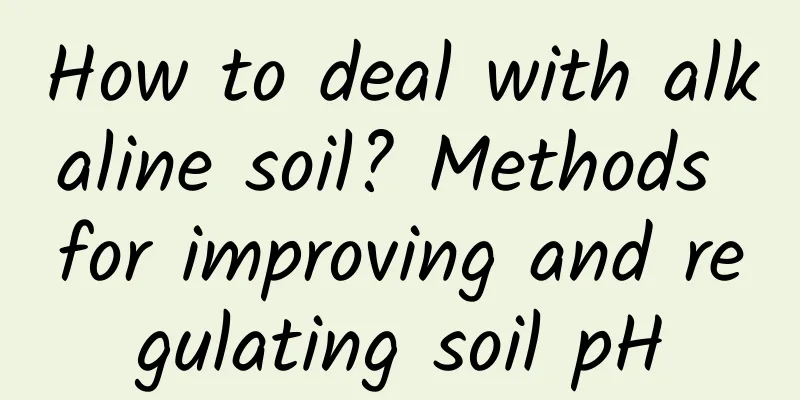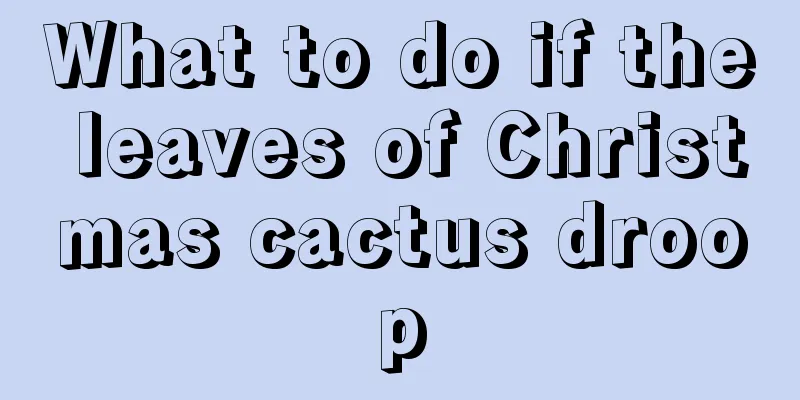What to do if the peacock arrowroot doesn't grow tall

Suitable temperature and light for peacock calatheaOne of the reasons why the peacock plant does not grow tall is that the temperature is not suitable, too high or too low, or there is insufficient light. As for the habits of the peacock plant, it likes a warm and humid shady environment, and does not like low temperature and strong wind conditions. Secondly, special attention should be paid to avoid exposure to the sun. Therefore, the plant should be moved to a cool place during the high temperature season in summer. In addition, you must avoid high temperature environments, keep the ambient temperature below 30 degrees, spray water frequently for ventilation, and cool and keep warm to avoid yellowing leaves. Of course, in winter, you need to increase light and raise temperature appropriately. Suitable potting soil conditions for peacock arrowrootThe second reason why the peacock plant does not grow tall is the insufficient nutrient supply of the potting soil, because the peacock plant likes fertile, loose and well-drained soil, preferably slightly acidic leaf mold, or a mixture of decomposed base fertilizer, leaf mold, peat and river sand. The correct way to water the peacock plantThe third reason why the peacock plant does not grow tall is insufficient water supply. It has been mentioned before that the peacock plant likes moisture, especially during its growing season, it needs a lot of water, so you should increase the amount of watering appropriately and spray water in time to keep the environment moist. In winter, you need to control the amount of watering. As long as the soil in the pot is not dry, it will be fine. Then gradually increase the amount of watering in early spring. The correct way to fertilize peacock arrowrootThe fourth reason why the peacock plant does not grow tall is improper fertilization method that leads to malnutrition of the plant. During the growing period of the peacock plant, liquid fertilizer should be applied once a month to ensure the nutrients required for the plant's growth and promote its healthy growth. As for the types of fertilizers, phosphorus fertilizers and potassium fertilizers are mainly used, and it is not advisable to use too much nitrogen fertilizer. Improper fertilization can lead to stunted plants. In addition to applying fertilizer, you can also spray liquid fertilizer on the leaves and then water them. It is especially important to stop fertilizing after entering winter. |
<<: The main species of bird's nest fern
>>: When does the peony bloom?
Recommend
What is the matter with the dried leaves of dahlia
1. Excessive watering 1. Reason: Dahlias do not l...
Can compound fertilizer be applied to succulent plants?
1. Whether it can be imposed Compound fertilizer ...
How to cultivate white orchid
1. Potting soil It is best to use soil with good ...
Is lavender a flower? What does a lavender flower look like?
1. Is it a flower? Lavender is of course a flower...
When and how to repot hydrangeas
Hydrangea repotting time The recommended time to ...
How long is the growing cycle of pepper?
Pepper growth cycle The growth cycle of pepper is...
Wet and dry techniques
1. See the dry skills The trick to seeing the soi...
Disease control of Cineraria
powdery mildew harm Cineraria is most susceptible...
What are the cultivation methods and precautions of banyan trees?
Banyan tree cultivation method The banyan tree be...
What to do if white bugs grow on Jade Plants
Scale insects The first possibility is "scal...
Does Hosta prefer shade or sun?
Does Hosta prefer shade or sun? The hosta is rela...
What flowers are suitable for Dehong? What are the city flowers and trees?
1. Climate characteristics of Dehong Dehong has a...
Illustration of the insect catching process of Venus flytrap
Secrete nectar glands to attract insects The leaf...
How does the Buddha's palm bloom?
1. Habits of Buddha's Palm Buddha's palm ...
The growing environment and local conditions of apricot plum
Apricot plum growth environment and conditions Ap...









